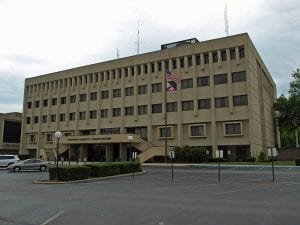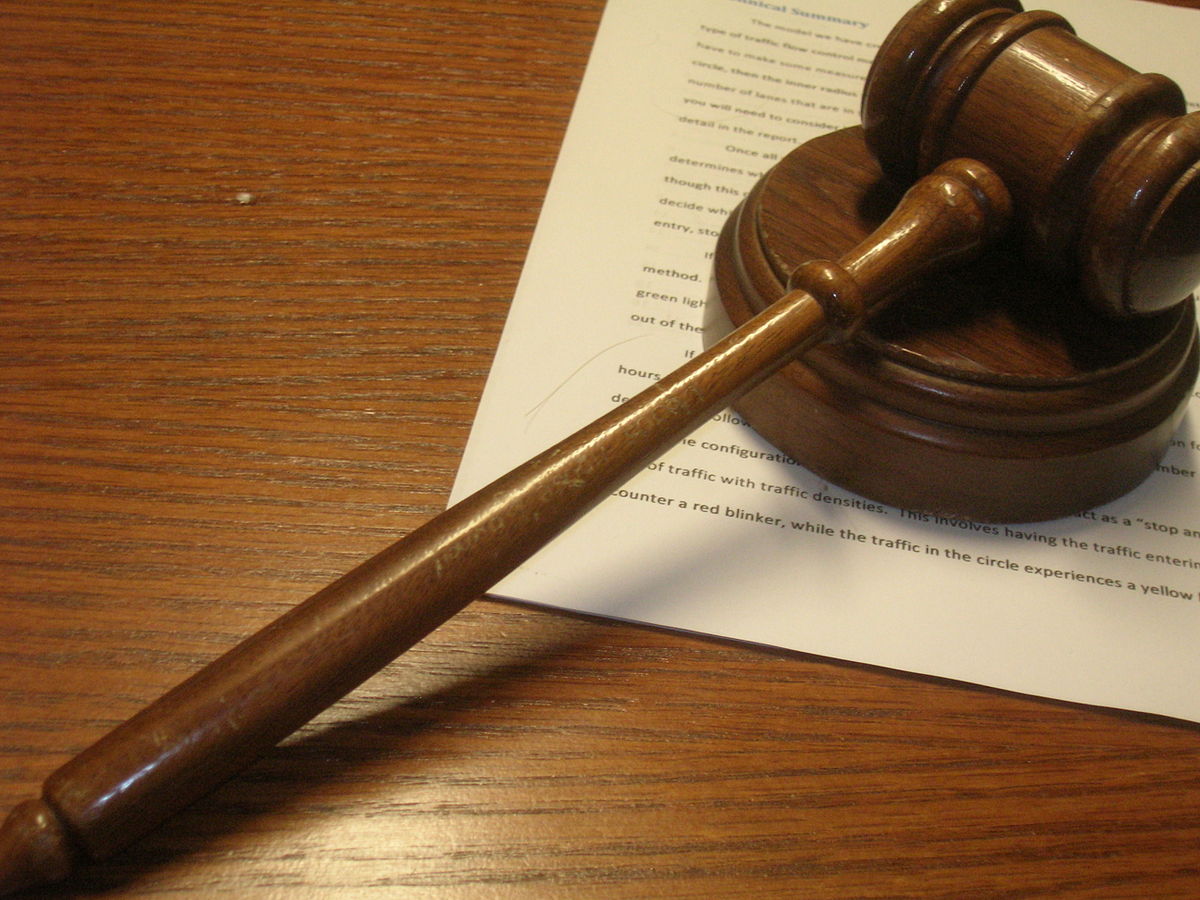The Supreme Court’s chief justice wrote a concurring opinion in which he suggested that state courts should give precedence to state-level constitutional issues, considering the federal implications of policy only if and when the need arises.
The Alabama Supreme Court has overturned the dismissal of a campus free speech lawsuit, allowing the case to return to a lower court for reconsideration.
According to AL.com, the lawsuit was first filed by both University of Alabama student Joshua Greer and Young Americans for Liberty, a libertarian student organization.
In their complaint, the plaintiffs claimed that the University of Alabama’s Huntsville college, as well as the broader University of Alabama academic system, illegally required that students obtain permits to host “free speech events.”
The lawsuit also alleged that the University of Alabama only allowed students to demonstrate and partake in so-called “free speech events” in certain areas.
Collectively, the plaintiffs asserted that the college’s grounds use policy violates the 2019 Alabama Campus Free Speech Act, state-level legislation that requires that students attending public institutions be entitled to “engage in protected expressive activity in outdoor areas of campus, and to spontaneously and contemporaneously assemble, speak and distribute literature.”
The University of Alabama has pushed back against the allegations, arguing that students are still free to “spontaneously” assemble at designated locations.

Attorneys for the school system also observed that students can apply for “expedited” permits to stage protests and other demonstrations outside of authorized areas.
“By all accounts, the university is operating as the marketplace of ideas in its classroom, assembly halls, auditoriums, and outdoor spaces,” the university’s legal counsel wrote in an April court filing. “Preventing the university from using reasonable time, place and manner procedures to ensure the safety of its campus and the pursuit of its educational mission cannot be supported by law or logic.”
The Madison County Circuit Court of Appeals dismissed the lawsuit in February, but Young Americans for Liberty appealed the decision shortly after.
J.P. Kirby, the director of Student Rights at Y.A.L., said that the university clearly prioritizes its ability to control students’ expression.
“The bureaucrats in the University of Alabama system have made it clear that they view their students’ rights to free expression as secondary to their own desire for control,” Kirby said in a statement.
On Friday, the Alabama Supreme Court seemed to have ruled in favor of Young Americans for Liberty, finding that the university system violated state law by creating restrictive “free speech” zones on campuses.
In its finding, the justices wrote that neither the University of Alabama in Huntsville nor the university system had adequately demonstrated that, “on the face of the policy, limiting protected speech is not the primary function of the designated zones.”
Chief Justice Tom Parker wrote in a concurring opinion that the lower court may have erred by considering the rights of Alabama students in an inappropriately broad context.
“Regrettably, state courts, including Alabama’s, have at times succumbed to blindly following federal constitutional interpretations in interpreting state constitutions,” Parker wrote. “[…] In practice, courts should consider addressing State constitutional issues before determining whether federal constitutional issues must be addressed.”
Parker noted that, at times, state constitutions may sometimes conflict with federal rights.
In such cases, Parker seemed to suggest, state courts should evaluate state-level issues before determining whether further evaluation is necessary.
“To that end, we have a role in highlighting deeply erroneous Supreme Court decisions,” Parker wrote, “recognizing that ‘[a]n illegitimate decision is due no allegiance.’”
Sources
Alabama Supreme Court reverses earlier dismissal of UAH free speech lawsuit
Alabama Supreme Court reverses dismissal of campus free speech lawsuit


Join the conversation!